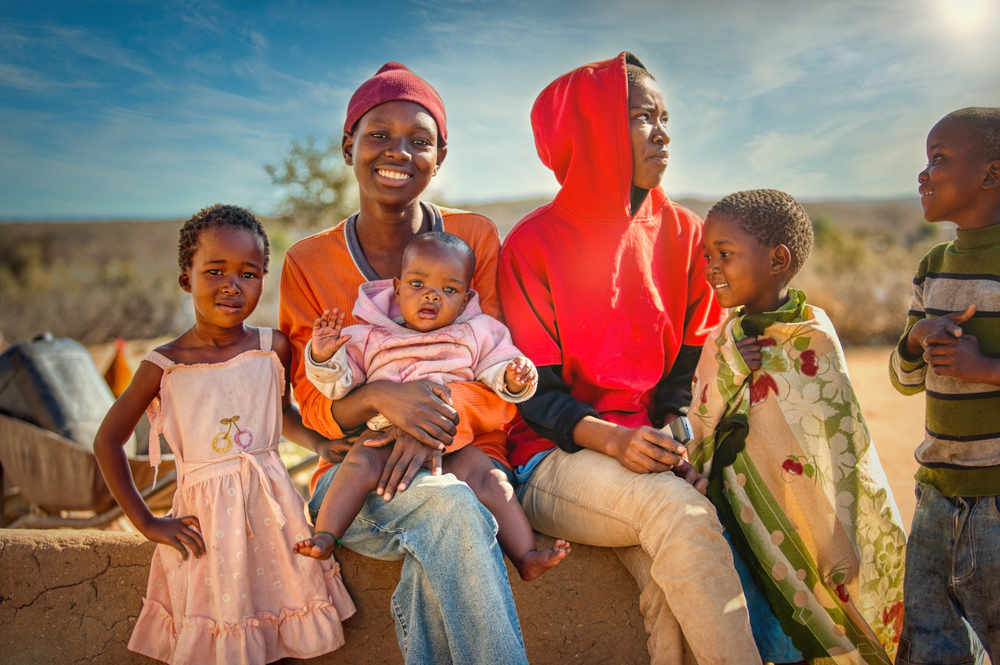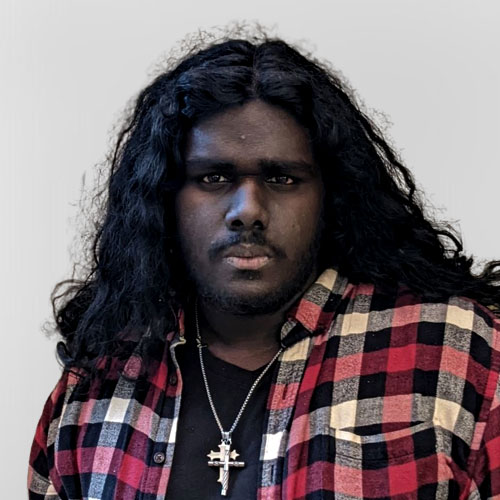For years, Africa has dominated the podium in the “bad healthcare” Olympics. For reference, the average cost for an established patient and Medicare recipient to make one visit to a family practice in Pennsylvania (where I live) is approximately $88—the cost of less than a week’s worth of groceries. Yet for years, men and women living in most Sub-Saharan African countries couldn’t afford half that per year, to say nothing of medication or surgeries or vaccinations.
Yet since the start of the 21st century, there has been dramatic change: The African healthcare sector that struggled to pay annually half the cost of a typical American doctor’s visit for each of its citizens is now worth $66 billion. Nations like Japan are pouring tens of millions of dollars into African systems to help alleviate the effects of food shortages and healthcare disruptions caused by COVID-19. And most importantly, the African healthy life expectancy has increased by almost two decades on average.
Let’s take a moment to think about that last one in specific terms—it’s too important and beautiful to be just a statistic on a page. The average Rwandan born in 2000 would have seen only 41 years of healthy life. But a baby born in Rwanda in 2019 could look forward to 60 years of healthy life. That’s almost 20 more years of family, community, and all the things that make life amazing. There is no negative side to that piece of news—people in the poorest continent on Earth are living longer lives and are less burdened by disease, and are enjoying massively increased access to health services. In popular terms, that’s a miracle. It’s a miracle lifting millions out of disease-ridden poverty into the hope of something better—something close to the pursuit of happiness we in the West have preached for centuries.
How can we explain this good news? Why is it that poor populations are living longer, better lives? Social scientist Arthur Brooks went looking for the root causes of the massive global decline in poverty in the past 200 years. He found five: globalization, free trade, property rights, rule of law, and entrepreneurship. It’s not difficult to see how all five converged in Africa and contributed to Africa’s rise. Scholars at the liberal Brookings Institute note that globalization, the bête noir of so many neo-nationalists, has increased demand for African products and aided in knowledge transfer, resulting in improved living conditions. Free trade, according to the World Bank, could boost Africa’s economies and lift 50 million people out of extreme poverty by 2035. James Robinson of the conservative Hoover Institution argues that securing African property rights is also key to stabilizing countries’ ability to expand economies and pursue progress. Regarding the rule of law, the American Bar Association has launched initiatives in Uganda and Tanzania to implement judicial reform and improve rights for women. In addition, Africa is seeing a rise in entrepreneurship in countries like Nigeria, where recent GDP growth has been informed by innovation in areas like information communication, transportation, and manufacturing.
It’s not foreign aid packages that are enabling millions of our fellow human beings to live richer and healthier lives, although charity and aid undoubtedly have their place. It’s the free enterprise system that’s doing this; it’s innovation and entrepreneurship and capitalism that’s doing this. We don’t have to be naive, pretending capitalism is free of flaws or that the system isn’t affected by inherent human selfishness. But it would be similarly naive to pretend hat capitalism hasn’t been a God-given tool that’s done truly amazing things. In fact, excepting the gospel of Jesus Christ, I’d argue that nothing has done more for the poor and the marginalized than the influence of the free enterprise system. To quote Barack Obama, “Capitalism has been the greatest driver of prosperity and opportunity the world has ever seen.” That is true, and right now free enterprise is bettering life for millions of the least of these. It’s cause for rejoicing, as well as appreciation for those within the free enterprise system who’ve helped affect this miracle and gratitude to the God who planned it all for His glory.

